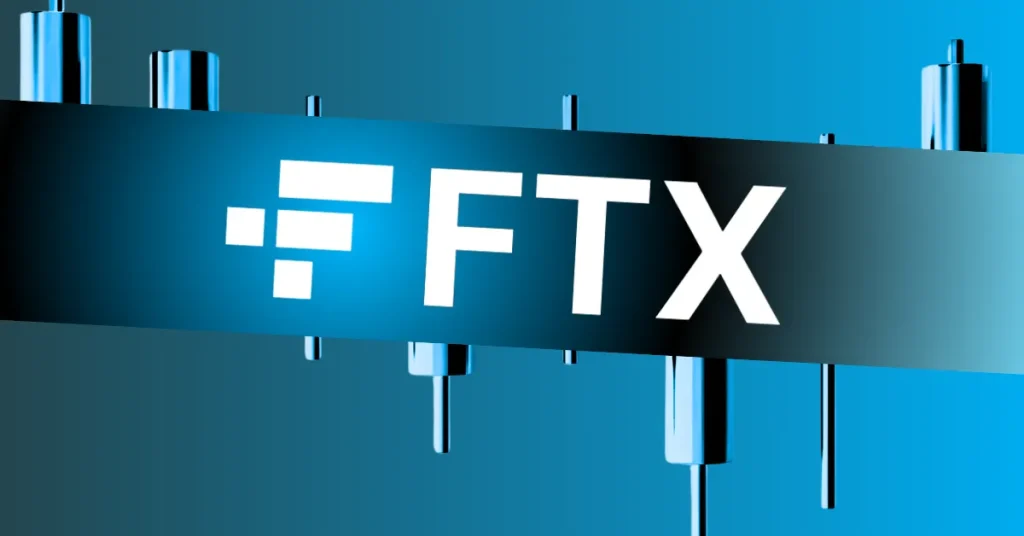Chinese Creditors Revolt: FTX Payout Freeze Sparks Legal Firestorm Over ’Unfair’ Treatment
FTX's restructuring hits a wall as Chinese creditors draw battle lines—claiming the exchange's payout freeze reeks of favoritism and shaky legal footing.
Who gets paid first? The brewing fight exposes crypto's Wild West reputation—where even bankruptcy plays by different rules.
One hedge fund manager quipped: 'Turns out ‘not your keys, not your coins’ applies to bankruptcy courts too.'

A Chinese creditor has objected to an FTX motion that would delay payouts to people in countries with crypto restrictions.
Weiwei Ji, a Singaporean tax resident, has filed an objection in Delaware Bankruptcy Court against FTX’s latest plan, representing over 300 Chinese creditors. He argues that he was unfairly labeled a “Chinese creditor” by FTX based solely on his passport, despite living in Singapore.
USD Payouts Are Legal
The objection notes that FTX is paying in U.S. dollars, which is legal, and crypto payouts are allowed in China as digital assets are treated as personal property.
Ji says that his family has four verified FTX accounts, with claims worth over $15 million. He argues that despite meeting all the requirements, the proposed plans put their payouts at risk in an unfair way.
“We have fully complied with every procedural requirement under the plan. The proposed motion now jeopardizes our right to distribution in an arbitrary and inequitable manner,” he said.
This comes after the FTX Estate, on July 2, asked the U.S. Bankruptcy Court in Delaware to pause payouts to people in 49 countries with unclear or strict crypto laws. Notably, China makes up 82% of the total claims.
FTX Claim Distribution
Restricted Jurisdictions: $470m
Chinese are the largest holder of FTX claims: $380m (82% of restricted)
KYC not completed- Bahamas: $290m
Disputed -multiple claims: $660m
Total – awaiting solution: $1.4bn
Total Estimated Allowed claims: $11bn pic.twitter.com/3BKpIkA3PW
Along with China, the list includes countries like Russia, Egypt, Afghanistan, Tunisia, Zimbabwe, Ukraine, and Moldova.
The FTX creditor trust says sending money to these regions could break local laws and lead to legal trouble, putting funds for other creditors at risk. This freeze impacts 5% of all approved claims. To resolve the issue, FTX has asked a U.S. court for permission to hire local lawyers to check if payments can legally go through. Local experts will check if payouts are legally allowed. If not, the claims may be canceled and returned to the trust.
Chinese Creditors Call For Fairness
Ji argued that labeling China as a restricted jurisdiction has no legal basis. He explained that payouts can still happen through Hong Kong and pointed to the Celsius case as an example.
While China bans crypto trading, digital assets are still legal property, and Hong Kong is becoming more crypto-friendly. He also urged the court to reject the proposed restrictions, saying that there is no legal risk in paying Chinese creditors and it’s a part of the bankruptcy process.
Over 500 Chinese creditors are challenging FTX’s request to delay the payouta. Individuals object that FTX is breaking earlier promises and unfairly targeting creditors based on nationality. They argue that this is not just about money, but its about fairness, trust, and being treated equally.

